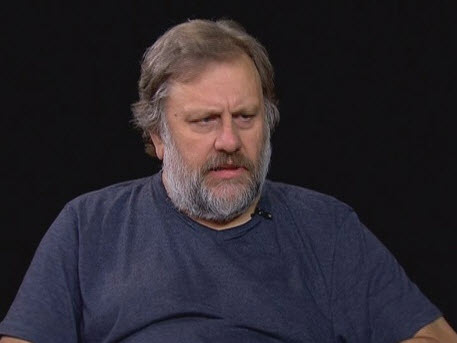While Clark is evidently a very serious, talented, and sought after professional in this space, I noticed that his work seems to follow (in a most basic manner), the traditional ADDIE model of instructional design. This makes me feel comfortable, as it is somewhat familiar.
I then stopped in my tracks when I read his book, where at its beginning (pg. 11) , he said:
Competence plus Conviction = Comfort
One core reason to do a sim is to drive competence and commitment. In fact, sims do this better than any other media.Competence is the ability of a learner to apply the right skills. It can even include use the right words.
But developing conviction in an audience is even more important for most applications. Conviction is the enduring understanding and drive in the learner to do the right thing.
Nothing particularly revealing here, except that this seems oriented toward a positivistic approach where there are right (or correct) skills to apply in this or that situation. After all, how else can a system determine I (or somebody) is competent, unless there are clear guidelines against which one may be measured? This may work well in factories or the military, where a certain compliance to working toward a goal seemingly requires a consistent approach for all people to the same matter; how else can consistency be attained (and thus measured)? While I often build learning interventions in my professional work that meets certain similar approaches, I also find this quite contrary to my own learning preferences.
I struggle when generic learning or processes are applied to me; somehow I often feel I do not readily fit into these sorts of patterns that many learners seem to fit into. No, I am not special or anything like that; perhaps the issue is just that my education and experiences make it increasingly difficult to pigeon-hole me in a way that the objective approaches of sims or games that have clear objectives seek to measure in standardized ways. Perhaps this can be done for repetitive tasks that can be taught to be done in a seemingly mindless way (making widgets, for example), though I struggle consistently doing repetitive tasks! All my efforts right now are toward my doctoral thesis, which is all about creating new knowledge (in some established semblance of a recognizable process, of course!).
With all this said, I look forward to hearing what Clark says about all this in his synchronous session today.


